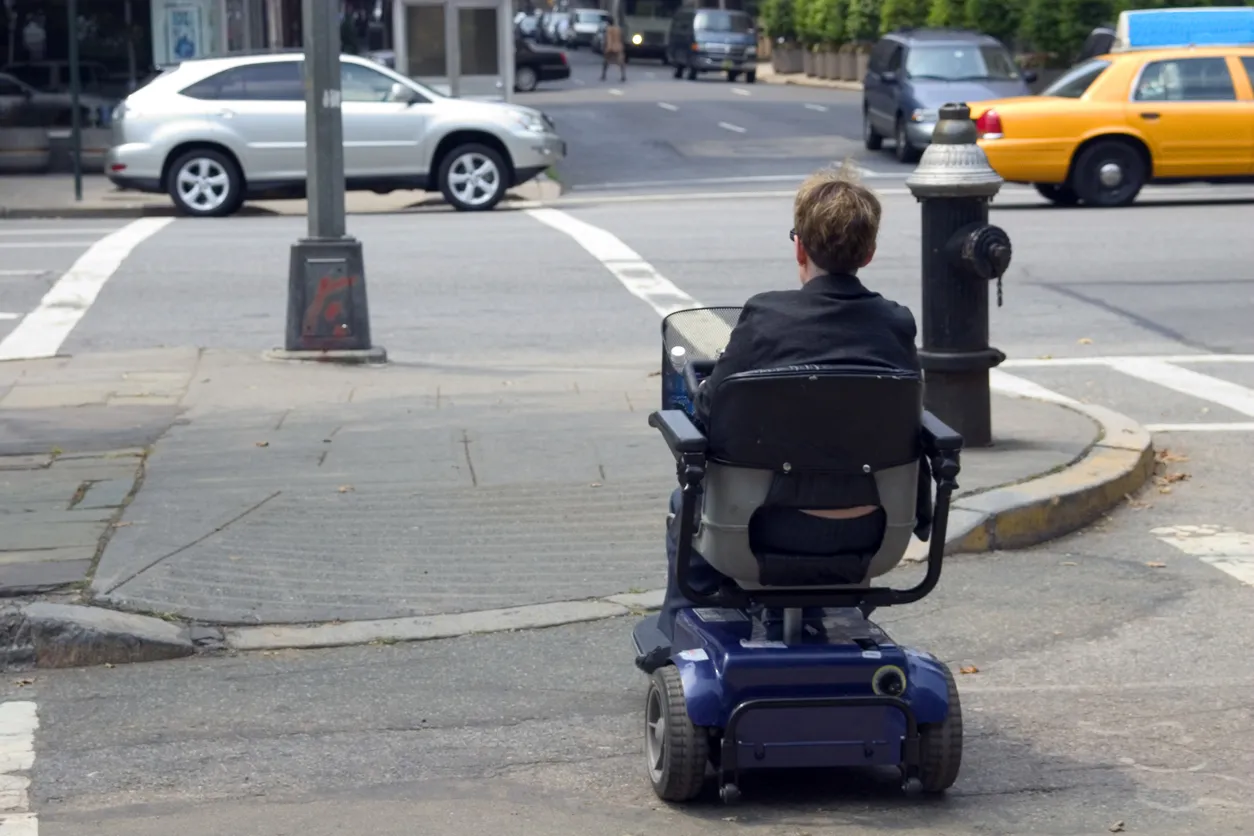Research carried out on behalf of an insurance firm reveals a worryingly high level of drug use amongst the UK’s drivers. The study was carried out for the insurance company Confused.com and shows that up to 20% of British drivers admit to using drugs while at the wheel. This contrasts strongly with official police data for drivers caught under the influence of drugs in 2012. This information shows that only 1,132 people were caught drug driving in 2012, down by 12.5% from the 1,294 in 2011. The data reveal
August 13, 2013
Read time: 3 mins
Research carried out on behalf of an insurance firm reveals a worryingly high level of drug use amongst the UK’s drivers. The study was carried out for the insurance company Confused.com and shows that up to 20% of British drivers admit to using drugs while at the wheel. This contrasts strongly with official police data for drivers caught under the influence of drugs in 2012. This information shows that only 1,132 people were caught drug driving in 2012, down by 12.5% from the 1,294 in 2011. The data reveals the need for more drug testing of drivers by police, which will be helped by the introduction of new drug testing kits to officers in the UK. Of those who admit to using drugs whilst behind the wheel, 7% were under the influence of illegal drugs while 12% were using prescription drugs. The illegal drugs recorded by police as being used by drivers include cannabis, heroin, cocaine, ecstasy, amphetamines and ketamine. The drugs also include prescription medication such as morphine and codeine. Cannabis is the drug drivers admit to using most commonly when being at the wheel under the influence, with 18% saying they have been under the influence while driving. However 10% of drivers in the research admitted to being behind the wheel when under the influence of more dangerous drugs such as cocaine, MDMA and amphetamines. Of concern also is the fact that of those who have been caught, 56% have been caught twice while 21% have offended three times or more. Young drivers who are the worst offenders, with up to 25% of 18-24 year olds getting behind the wheel when using drugs. And 27% of people admit to knowing someone who has driven under the influence of drugs, while 12% have been in a car being driven by someone who they suspected had taken drugs. Of those who admit to driving under the influence of drugs, the 12% were taking prescription drugs with 7% using illegal drugs. But while public awareness is strong on the dangers of drink driving, the effects of drugs on people¹s driving ability are less understood. People across the UK regularly take prescription and over the counter drugs such as anti-depressants, painkillers, antihistamines and cough mixtures, all of which can have a sedative effect. Up to 9% of drivers admit to never reading the advice leaflet when taking medication to see if they could suffer from possible side effects, such as drowsiness and/or tiredness, which could make it unsafe for them to drive. And 33% say that they have felt ill after taking prescription or over the counter medication, with 20% then getting behind the wheel of a car. But public opinion is strong on the dangers of drug driving, with 72% calling for tougher penalties for those being caught. All the same, 25% of people believe that penalties should be less severe for people caught driving under the influence of prescription drugs and who require medication.






